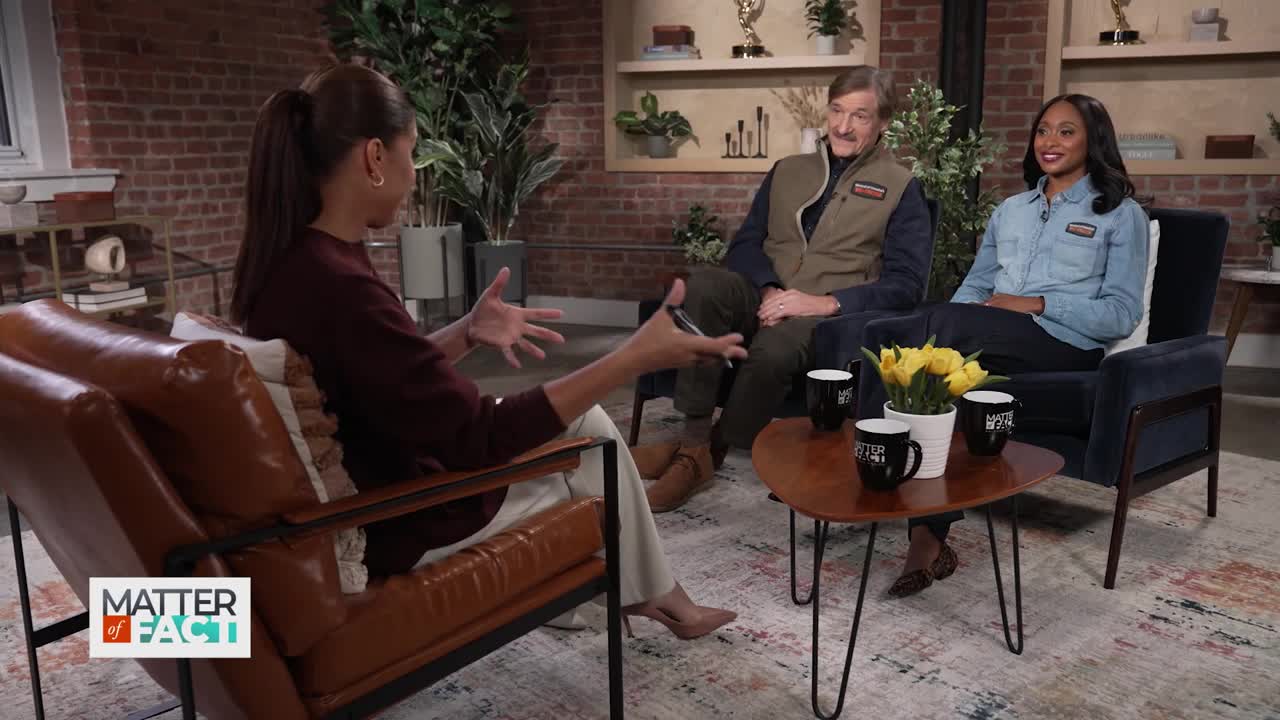
“Mutual of Omaha’s Wild Kingdom” premiered more than 60 years ago. The show was a pioneer that brought the great outdoors into millions of people’s living rooms. Now, it’s back with a new series hosted by Peter Gros and Dr. Rae Wynn-Grant – “Protecting the Wild.” The co-hosts join Soledad O’Brien in-studio to talk about what’s in store for season two and their mission of inspiring the next generation of wildlife conservationists.
Mutual of Omaha’s Wild Kingdom Protecting the Wild and Matter of Fact are produced by Hearst Media Production Group.
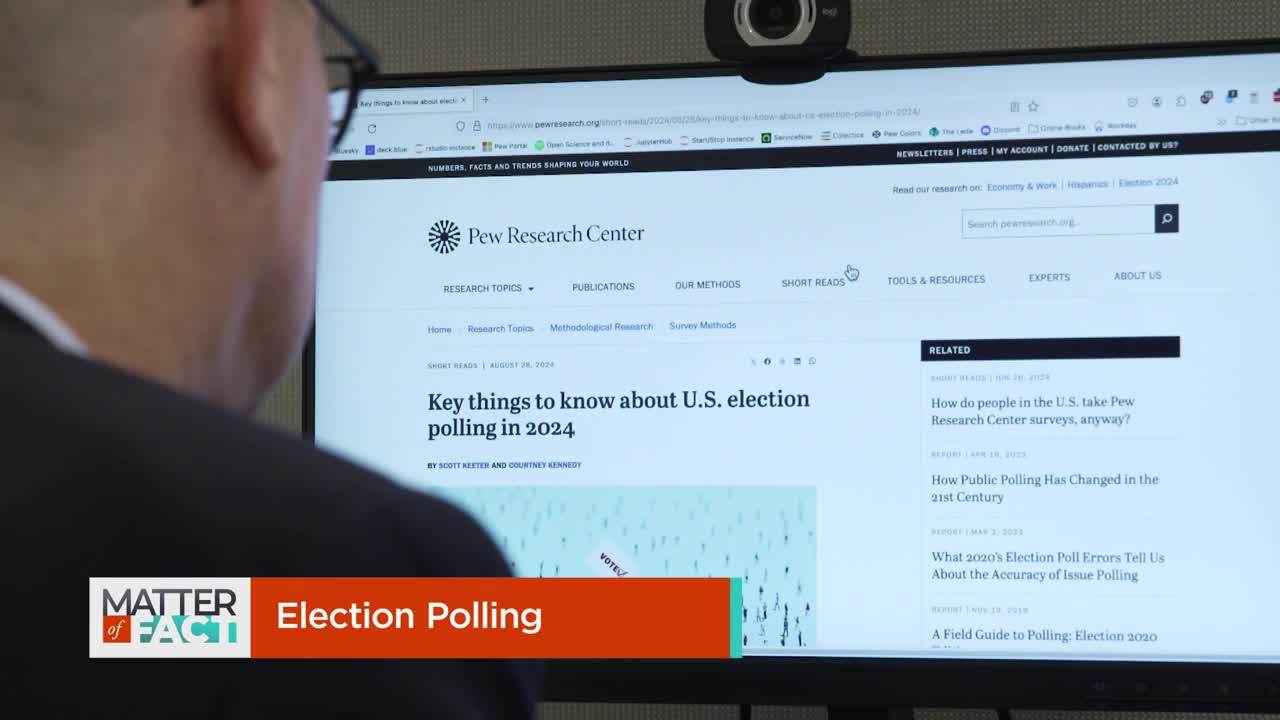
During election season, polls tell us who’s ahead in races and voters’ opinions. But the way polls are conducted is changing. According to Pew Research Center, 61% of national pollsters made changes in their polling methods between 2016 and 2022. That includes the emergence of online opt-in polling. Andrew Mercer is a principal methodologist at Pew. He joins Soledad O’Brien to explain how the new polling method could produce misleading results.
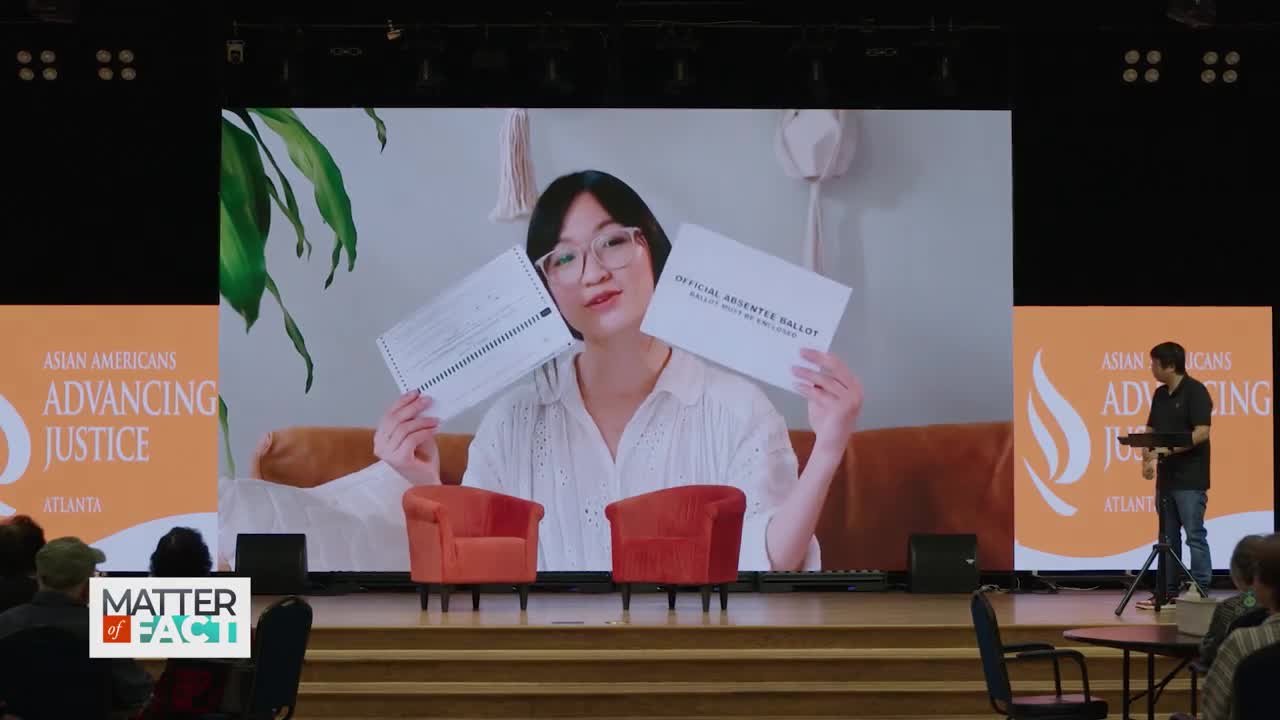
Asian Americans are the fastest growing minority group in the country. In the battleground state of Georgia, voting advocates say mobilizing AAPI voters could be the key to winning the election. Special correspondent Joie Chen travels to Gwinnett County to speak to community members about what’s driving them to the polls this November.
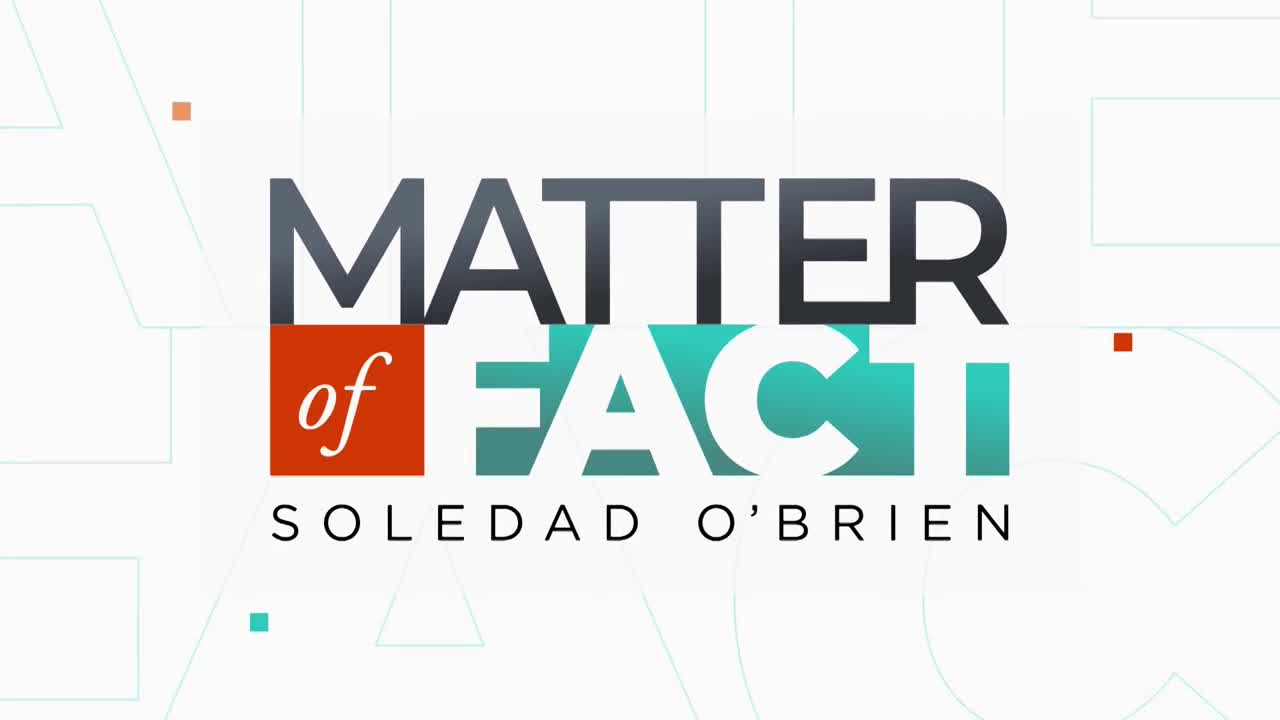
This week Matter of Fact travels to Georgia where a growing group of minority voters could have a major impact on who wins the swing state. Plus, a Pew researcher on how to avoid misleading polls. And, the hosts of “Mutual of Omaha’s Wild Kingdom Protecting the Wild” discuss the show’s newest season.

Competitive cycling typically isn’t an easy sport to pick up. Nelson Vails, the first Black person to win Olympics medal in cycling, says we need grassroots programs to make the sport more accessible and diverse. There is one New York youth outreach program doing just that. Correspondent Alexis Clark takes us to Queens to meet the people behind an organization that’s breaking down the racial and financial barriers by providing bikes, training and gear to kids for free.
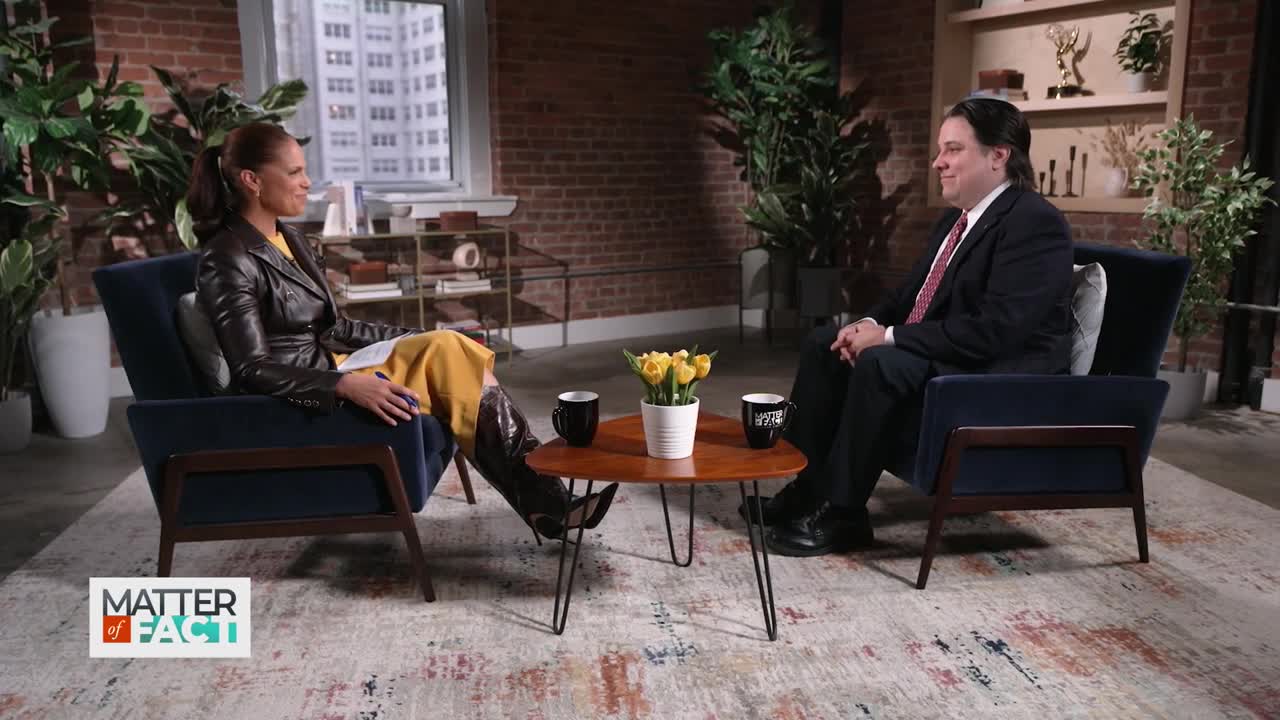
Most Americans say they want to move away from the electoral college. According to the Pew Research Center, 65% of adults in the U.S. want to switch to the popular vote, so that the candidate with the most votes wins the presidential election. But one election law expert says changing the current system could make democracy vulnerable. Michael Morley is a professor at Florida State University’s College of Law. He joins Soledad O’Brien in studio to talk about the advantages of the electoral college and why replacing it would be difficult.
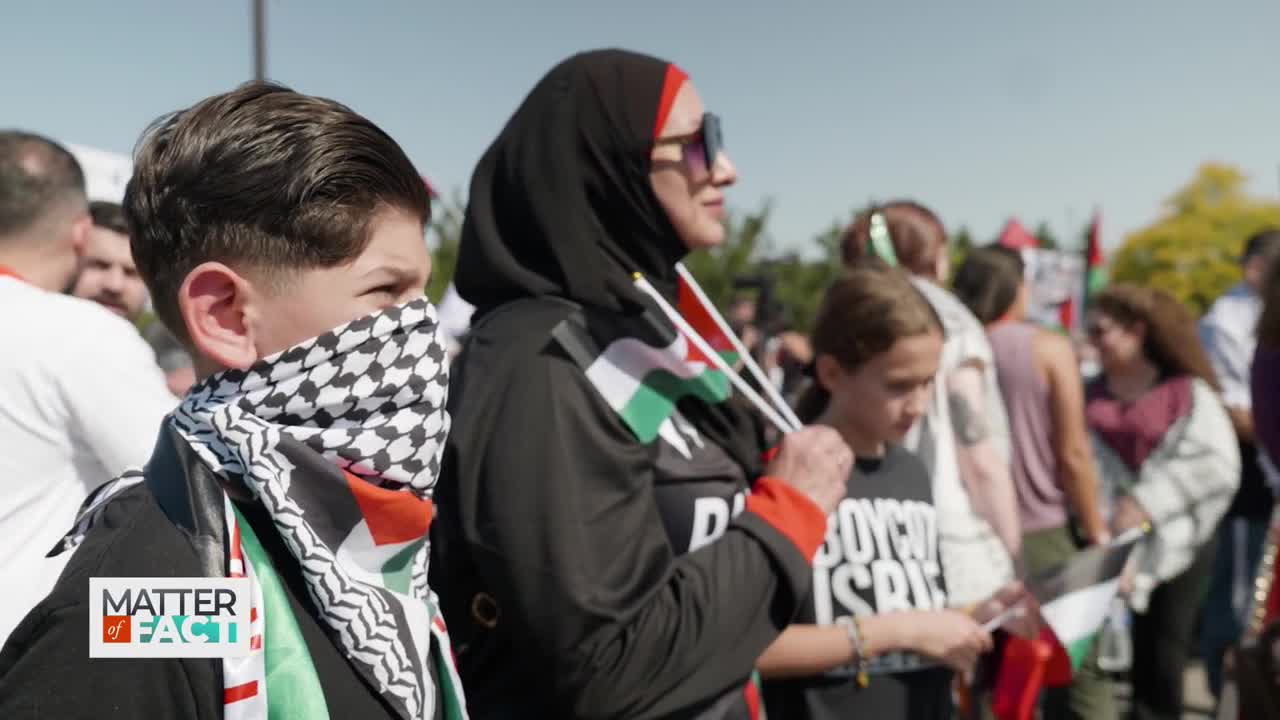
It’s been one year since Hamas launched a deadly attack on Israel. The impacts of the prolonged conflict that’s resulted in the deaths of civilians in Gaza, can be felt over 6,000 miles away in the swing state of Michigan. The Arab American population there tops 300,000. Many in the community say they are in a moral and political bind – unable to vote for either major presidential candidate. Correspondent Dina Demetrius travels to the city of Dearborn to speak to community leaders about how not voting for the top of the ticket could affect the election.

This week Matter of Fact travels to Dearborn, MI speak to Arab Americans who say they can’t support either major presidential candidate. Plus, a voting expert discusses the challenges of replacing the electoral college. And, a New York grassroots program gives kids access to bike racing.
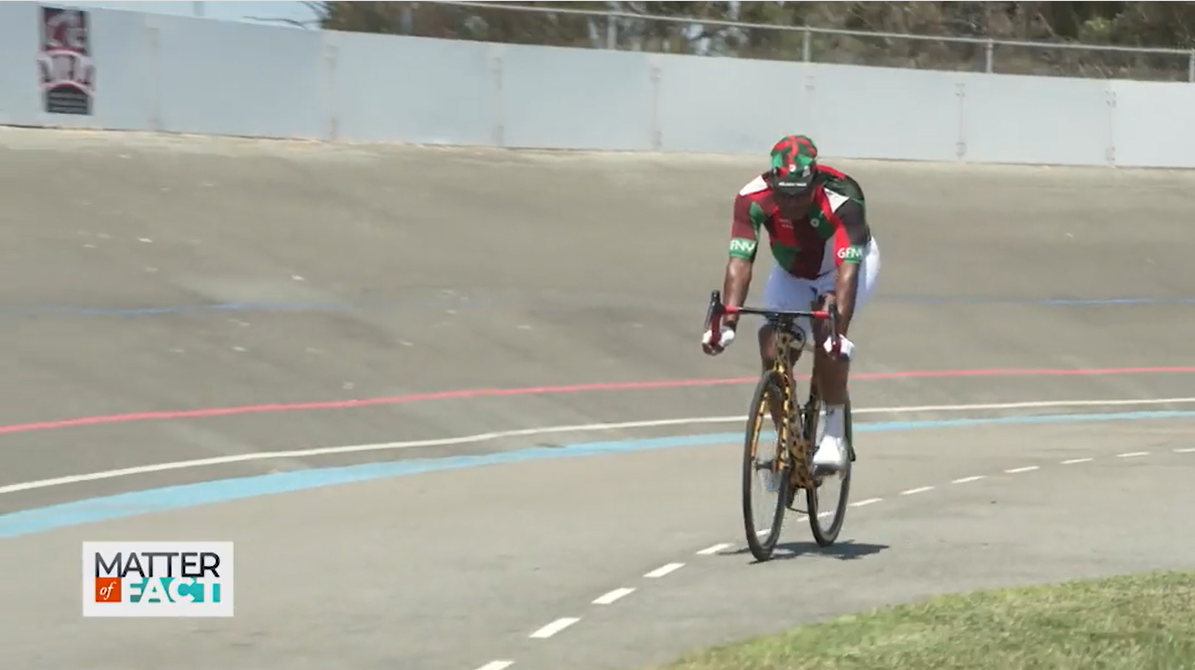
Nelson Vails was the first Black person to medal in cycling at the Olympics. He stands out as one of the very few Black professionals in a sport that is notably undiversified. According to Forbes, the average number of Black cyclists competing in the three Grand Tour races, including the Tour de France, is between 0-1%. Correspondent Alexis Clark traveled to San Diego to talk to Vails about his history-making career and the barriers to succeeding in the sport.
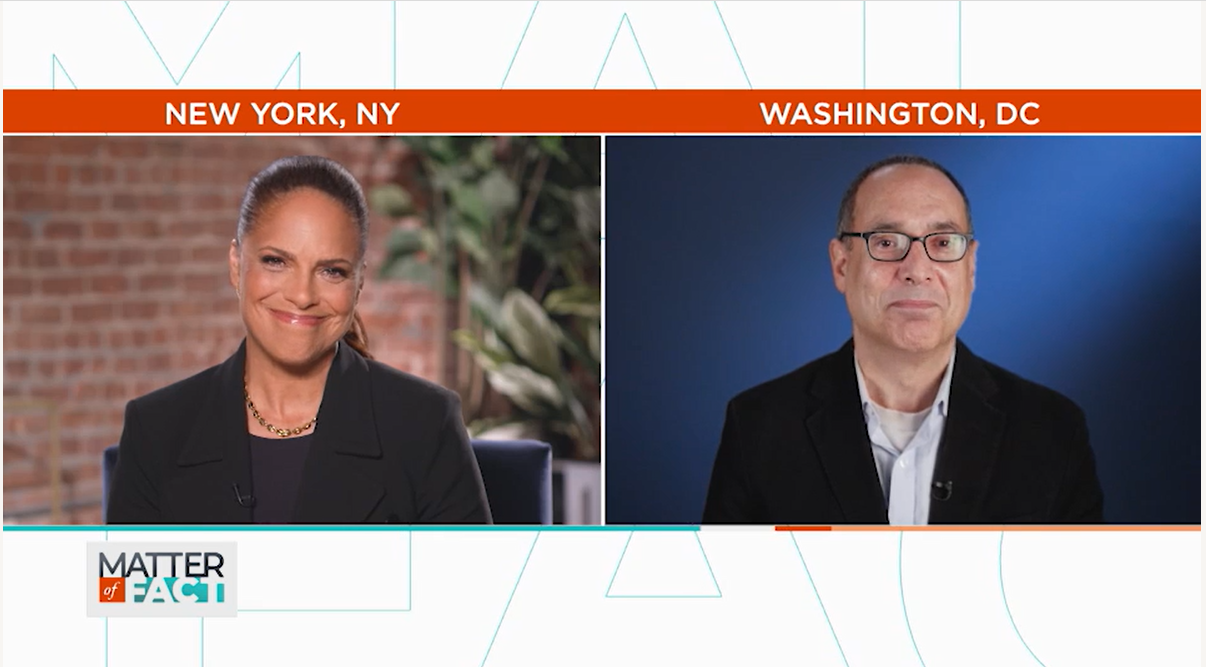
In 1976, Bob Dole and Walter Mondale took part in the first formal vice-presidential debate. Nearly 50 years later, vice presidential nominees JD Vance and Tim Walz are meeting on the debate stage. George Washington University professor and political historian Matt Dallek says a lot has changed in that time. He joins Soledad O’Brien to explain why these picks for vice president are more significant than those of the past and how their performances in the debate could impact the success or failure of their tickets.